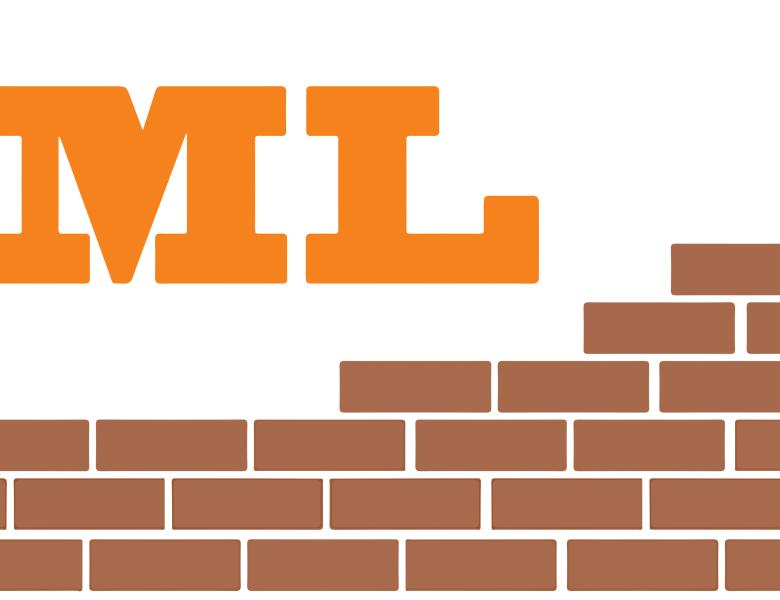
Abstract
Many big data analytics problems are intrinsically complex and hard, making the design of effective and scalable algorithms very challenging. Domain experts need to perform extensive research, and experiment with many trial-and-errors, in order to craft approximation or heuristic schemes that meet the dual goals of effectiveness and scalability. Very often, restricted assumptions about the data, which are likely to be violated in real world, are made in order for the algorithms to work and obtain performance guarantees. Furthermore, previous algorithm design paradigms seldom systematically exploit a common trait of real-world problems: instances of the same type of problem are solved repeatedly on a regular basis, differing only in their data. Is there a better way to design effective and scalable algorithms for big data analytics?
I will introduce a framework for addressing this challenge based on the idea of embedding algorithm steps into nonlinear spaces, and learn these embedded algorithms from problem instances via either direct supervision or reinforcement learning. In contrast to traditional algorithm design where every steps in an algorithm is prescribed by experts, the embedding design will delegate some difficult algorithm choices to nonlinear learning models so as to avoid either large memory requirement, restricted assumptions on the data, or limited design space exploration. I will illustrate the benefit of this new design framework using large scale real world data, including a materials discovery problem, a recommendation problem over dynamic information networks, and a problem of learning combinatorial algorithms over graphs. The learned algorithms can reduce memory usage and runtime by orders of magnitude, and sometimes result in drastic improvement in predictive performance.


